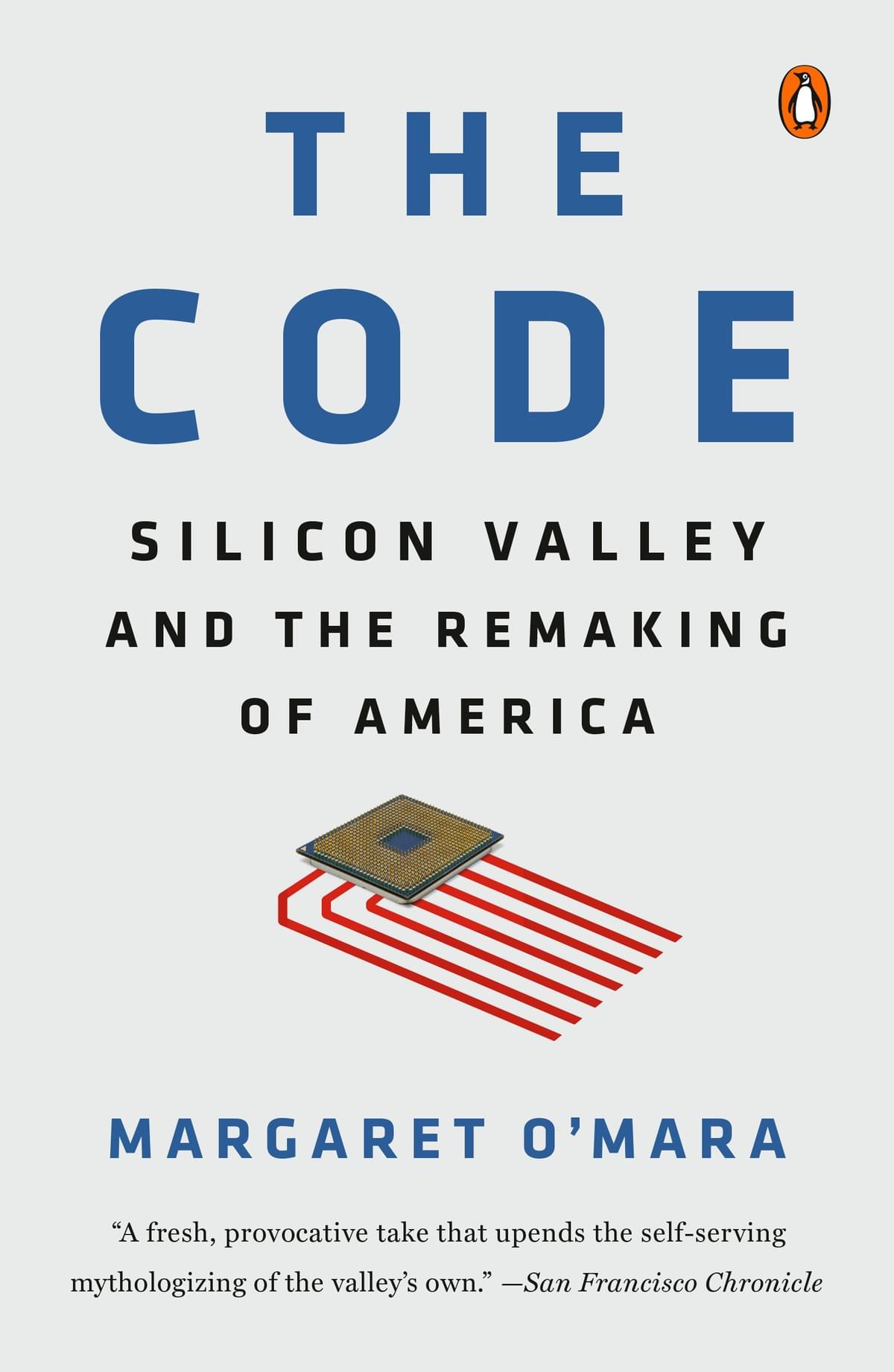What will we one day make of 2020? What can we make of it now?
Attempts to provide on-the-spot historical analysis to inform this moment--something I and so many other historians now do on the regular--both feel urgently needed and hopelessly inadequate. Historians have stepped into the arena to contextualize this season of pandemic and protest, polarization and disinformation, courage and hope. Yet historical comparisons can only go so far. Even history's common patterns and rhymes have been disrupted by the extraordinary swiftness of today's news cycle, a disruptive presidency, and a dizzying confluence of heartbreaking, enraging, inspiring, eye-opening events.
The revolution will not be televised, it will be on a smartphone: small, swift, potent, making a 17-year-old girl on a Minneapolis street corner as powerful a messenger as any network news president. It will grab the attention of millions of lockdown-weary people already glued to their phones, hitting at a moment of common realization of how deeply unequal, how unfair, how infuriatingly preventable this American pandemic's destruction has been. As with other seemingly come-out-of-nowhere disruptions, it will build on years of quiet, urgent work by brave people who worked for change even when it wasn't popular or corporate-approved. It will topple monuments and prompt calls for new ones. It will spark fierce debate over the meaning of patriotism, of freedom, of American democracy.
I don't know what my profession one day will make of this moment of remaking, years and decades after the dust has settled, the archives are assembled, and the patterns and consequences have become more clear. (And goodness only knows how my coauthors and I will tackle this moment in the next edition of our textbook.)
This may become one of those years, like 1877 or 1945 or 1989, used as a marker between one era of American history and the next. Or perhaps not. Perhaps the story is only beginning.
In the meantime, we watch, humbled, holding our breath as history unfolds.
Book news
A new cover for THE CODE's paperback edition, out this week from Penguin Press! It has been so great to see how many have read it and to learn that some people even are supplementing their hardback and audiobook editions with a paperback copy too. If you are one of them, thank you, and please spread the word, buy copies for friends, family, and anyone in your life who might be interested in this story (that's everybody, right?!). Here's the link.
Recent writing and media
The Seattle Autonomous Zone is Not the Full Story: my latest in The New York Times explores Seattle's longer history of racism and exclusion, and asks whether this indeed may be a turning point.
Twitter Could End the Office As We Know It: also in the Times, my take on what permanent work-from-home means for a tech industry long has embraced the idea that innovation comes from particular office environments, and has built grand campuses to match.

The Code on the Metropole Bookshelf: a little personal history from me on how the book came about and why I'm so excited about the growing number of historians who are joining me in the study of Silicon Valley.
Silicon Valley Is As American As Apple (Pie): my conversation with Andrew Keen on the Keen On podcast about the book and why Silicon Valley history is American history.
Why Venture Capital Doesn't Build the Things We Really Need: Elizabeth MacBride in MIT Technology Review cites my book as she discusses the pitfalls and mythos of the venture model, with my comment.
There's a Massive Scam Behind Google's Search Results: I'll confess I didn't even know about the ways tech contractors were fudging geolocation to secure more, and better-paid, gig work, but it doesn't surprise me. By Marie Macdonald in Wired UK, with my comment.
Tech Workers Are Opening Their Wallets to Beat Trump: didn't think Silicon Valley could lean even more Democratic after 2016, but it looks like it has for 2020. By Ari Levy/NBC, with my comment.
Canada Needs a Plan To Rebuild Itself. Perhaps one of the weirdest recent media mentions came when former Canadian PM Stephen Harper cited something I wrote (without naming me) in a recent oped in The Wall Street Journal. Jason Kirby explains in Macleans here.
What's next
More writing, more talking, ever more Zooming. But reading, rest, relaxation, too, gathering strength for what lies ahead. Stay tuned.

Top banner photo credit: 16th Street, Washington DC, June 2020. Daniel Slim / AFP - Getty Images via NBC News.


